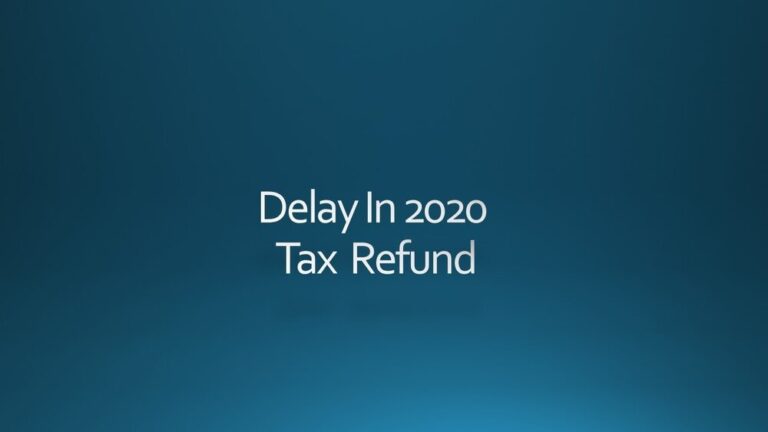IRS Continues ERC Moratorium and Denies Highest-Risk Claims
IRS Continues ERC Moratorium and Denies Highest-Risk Claims: The IRS announced plans to deny tens of thousands of improper high-risk Employee Retention Credit (ERC) claims while starting a new round of processing lower-risk claims to help eligible taxpayers. Since last September, the IRS has been conducting a detailed review to protect taxpayers and small businesses, which included months of digitizing information and analyzing data to assess a group of more than 1 million ERC claims representing more than $86 billion. The IRS identified between 10% and 20% of these claims fall into the highest-risk group, which shows clear signs of being erroneous claims. Tens of thousands of these high-risk claims will be denied in the coming weeks. The IRS analysis also estimates between 60% and 70% of the claims show an unacceptable level of risk, and between 10% and 20% show a low risk. For those claims with no eligibility warning signs that were received prior to last fall’s moratorium, the IRS will begin processing more of those claims. News Release IR 2024-169.





